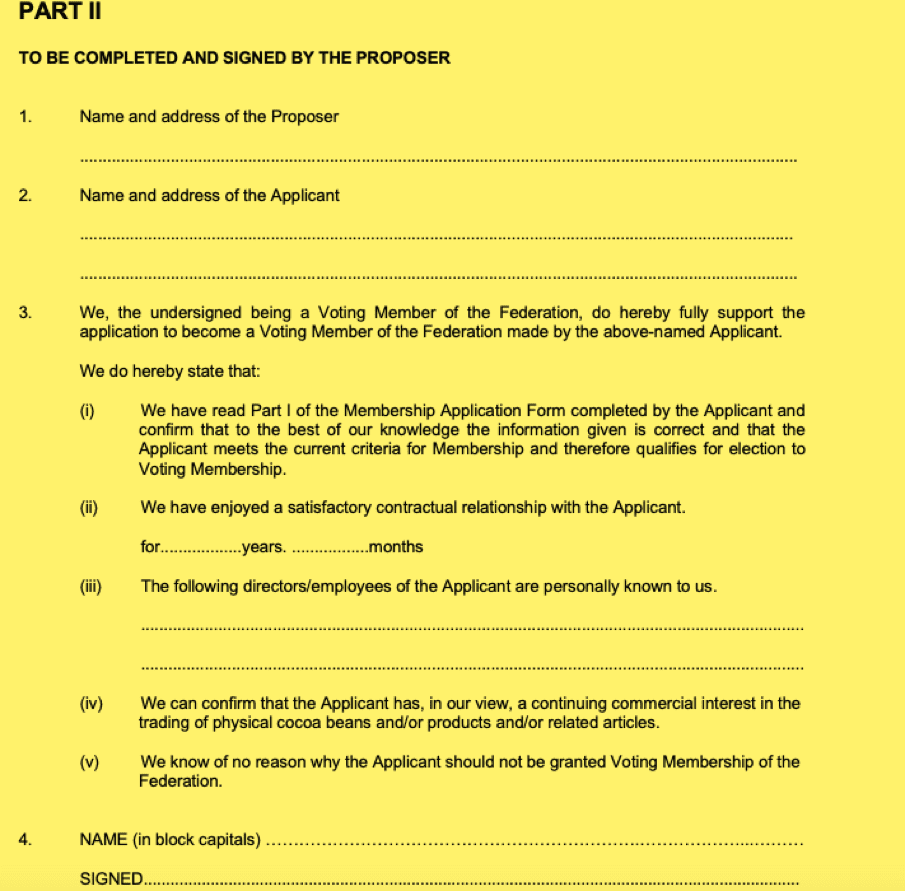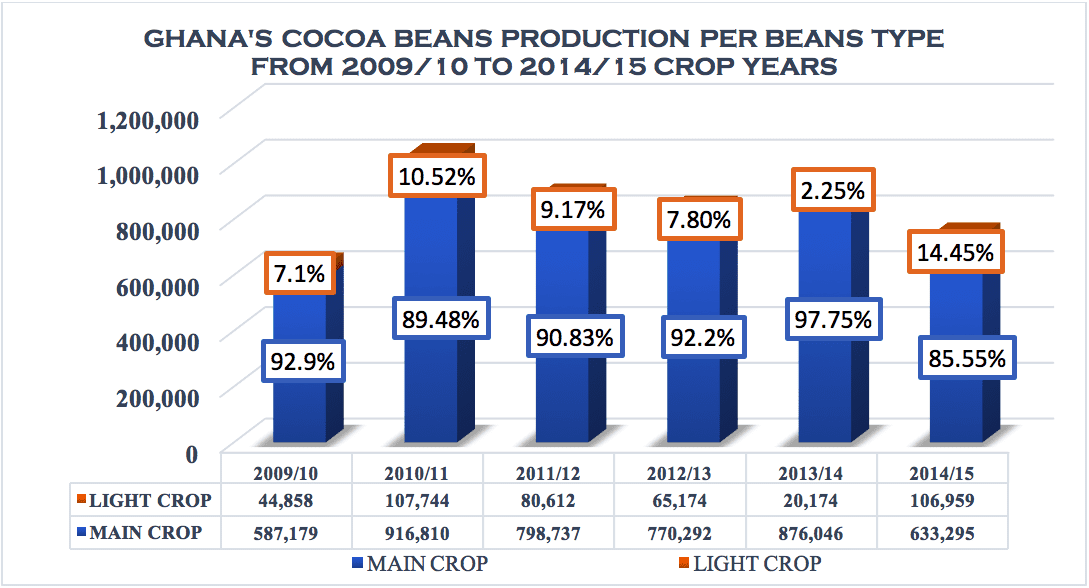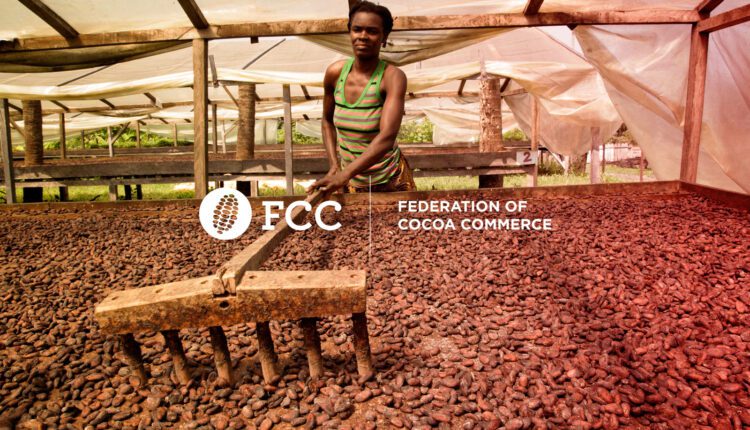We recently heard of Ghana and Ivory Coast allegedly noticing Hershey’s invading of the $400/t Living Income Differential levy agreed by the industry. This levy is meant to pay and help improve the livelihoods of cocoa farmers. This revelation has led to two main actions.
First, both countries are aiming at cancelling the sustainability schemes run by Hershey’s and secondly, leaving the Cocoa Merchants Association of America. Lastly both countries are currently reviewing their membership with the Federation of Cocoa Commerce (FCC) in the United Kingdom.
(In my critique of Fairtrade, we spoke about the hidden dangers of these sustainability programmes and how counterproductive they are on the livelihoods of cocoa farmers).
In this article, I would like to join the discussion in support of actions being taken by Ghana and Ivory Coast. I argue in support of why leaving the FCC is the right decision to ensure both countries take control of the sector as expected and their citizens empowered to invest in the sector with little or no external barriers.
What is the Federation of Cocoa Commerce “FCC”?
The FCC is a merger of the 1929 Cocoa Association of London (CAL) and the 1935’s Association of Francaise du Commerce des Cacaos (AFCC).
The FCC aims to create a commercial trading framework of cocoa and its related derivatives and services for its members. This means any company that joins the FCC must have its buyers or suppliers of cocoa as part of FCC.
The FCC through its Contracts and regulations committee develops and reviews sales/supply agreements used by its members in trading between each other.
It also has its arbitration and appeals committee which handles disagreements/ reported breaches that arise between members in their utilization of any of FCC’s contracts. Members of the FCC are usually individual companies, regulators, associations, etc.
“Almost all the regulators and traders of Ghana and Ivory Coast’s cocoa beans are members of FCC, which means until you join FCC you can’t buy cocoa beans from Ghana. That is the power FCC holds now.”
Why is Ghana’s association with FCC Problematic?
Ghana Cocoa Marketing Company Limited (CMC), a subsidiary of Ghana Cocoa Board, who is the only organisation in Ghana responsible for selling all of Ghana’s cocoa beans, is a member of FCC.
This means that anyone who wants to buy cocoa beans from Ghana for local or international value addition, by a Ghanaian investor or not, must compulsorily be a member of FCC, as shown in CMC’s sales Policy.
So, most people wonder why indigenous Ghanaians are not investing in cocoa processing factories in Ghana even after Ghana’s offer of 20% discount on mid-crop beans to encourage local value addition. Below is the process an investor needs to go through before establishing a processing factory:
- The investor needs to secure a beans supply agreement with Ghana Cocoa Company Limited (CMC). Due to CMC being a member of FCC, the Investor needs to join the FCC first before CMC can grant them a cocoa beans supply agreement. This is so because the whole idea of being part of FCC is for both buyer and seller to use the agreed FCC draft sales agreements, supports systems and internal arbitration system.
- The FCC’s membership is in five categories i.e., Voting, Associate, Non-voting, Group and Honorary membership.
- For the Investor to successfully apply for a voting, associate and non-voting membership with FCC, the investor needs to be proposed and seconded separately by voting members of FCC.
- The proposer and the seconder of this investor need to demonstrate, on the application form (see figure 1 below), that they have had a satisfactory contractual relationship with this investor; personally know some of the directors and employees of the investor and finally knows that the investor is engaged in activities that relate to the trade of cocoa beans.
This means that if you are not formally engaged in the business within the cocoa sector, you are automatically not qualified to set up a cocoa processing factory in Ghana

“Isn’t it surprising that FCC has created a system such that it makes them indirectly control who establishes a cocoa processing firm or purchase cocoa beans in Ghana?”
Why will voting members of FCC be sceptical of nominating and seconding a Ghanaian investor?
Investing in the building of a cocoa processing firm in Ghana is heavily influenced by the 20% discount up for grabs on the mid-crop beans. However, the volume of mid-crop beans Ghana records is averagely 90,000 tonnes annually as shown in Figure 2 below. This makes the mid-crop beans a gold to chase for.

“So, the question is, why would FCC members easily nominate or second any applicant to come and share in the limited and discounted mid/light crop beans in Ghana? Especially when being a Ghanaian investor will reduce the power of these FCC members over their current indirect governance of the cocoa beans supply in Ghana?”
Ghana’s Cocoa Marketing Company Limited’s (CMC) membership with Federation of Cocoa Commerce (FCC) has crippled Ghanaian investors in the non-cocoa sectors’ willingness to invest in the processing of cocoa beans in Ghana and has inadvertently, given the multinational firms and FCC the first right of refusal which has resulted with these multinational cocoa processing firms continuous capacity expansion across the world.
Simply, FCC is indirectly enabling the creation of more capacity depth for multinationals rather than breadth of new processing factories to enhance competition.
“So, this implies that FCC has closed the entire cocoa sector to any Ghanaian who wants to diversify from a non-cocoa sector to the cocoa sector and has also created a recipe for nepotism/favouritism since the directors/employees of an FCC applicant need to be known personally by a proposer and seconder”.
So, if Ghana and Ivory Coast, producers of estimated 70% of the World’s cocoa beans, are reviewing their membership with FCC, then I would gladly welcome that decision and advise them to exit the FCC as soon as possible.
After exiting, they should create their commercial trading agreements and give Ghanaians and Ivorians the first right of refusal.
They should also establish arbitration centres in Ghana and Ivory Coast to deal with all commercial issues in the sector.
Ghana should also expand the scope of work of its cocoa regulators to include end-to-end support for indigenous investors diversifying into the cocoa sector to add value.
With the two countries’ massive control of cocoa beans production, every actor within the value chain would have no choice than to comply and hence the power over the sector can be transferred from Federation of Cocoa Commerce (FCC) to Ghana and Ivory Coast.
- Are Cocoa Farmers Paid The Whole US$ 400/MT LID Levy? - February 10, 2022
- Is A Potential ‘COPEC’ Up To The Task Of Protecting Cocoa Farmers? - October 10, 2021
- The Cocoa Sector & Europe’s Renewed Lab-Grown Chocolate Agenda - August 26, 2021
